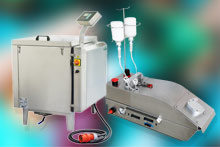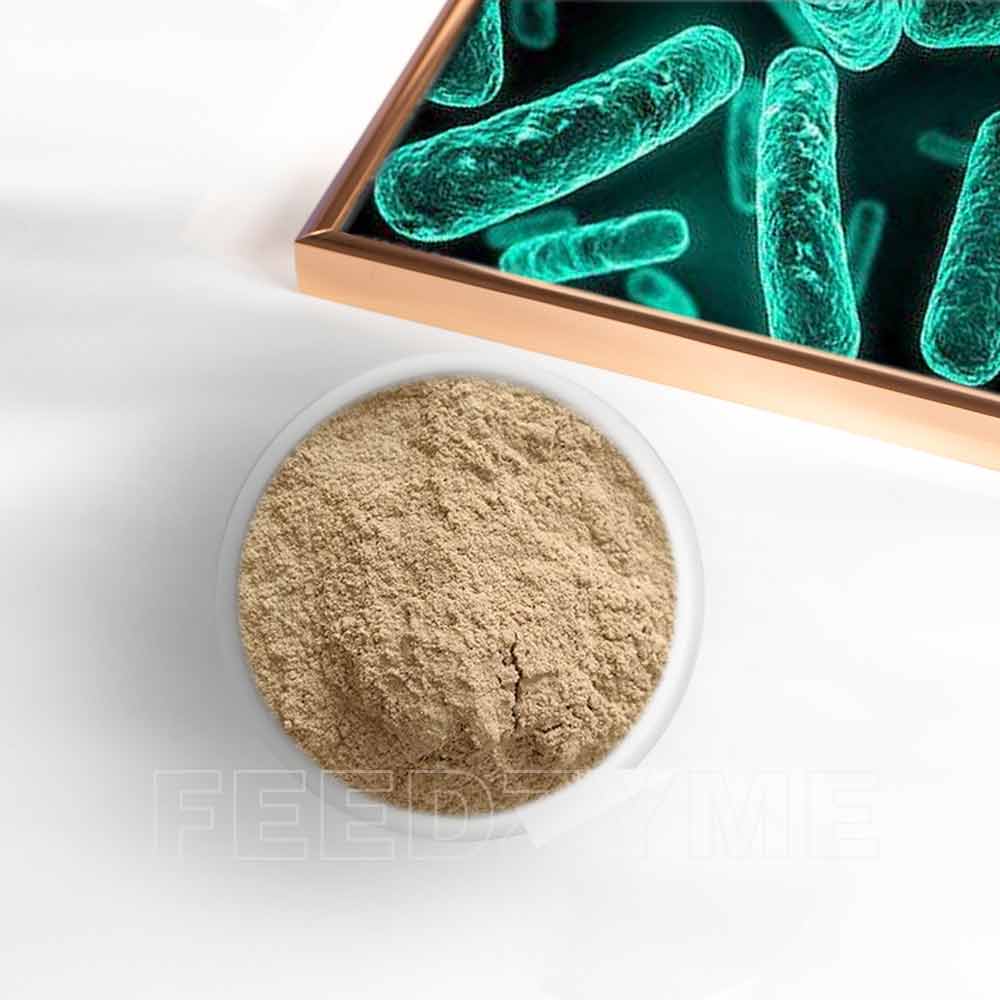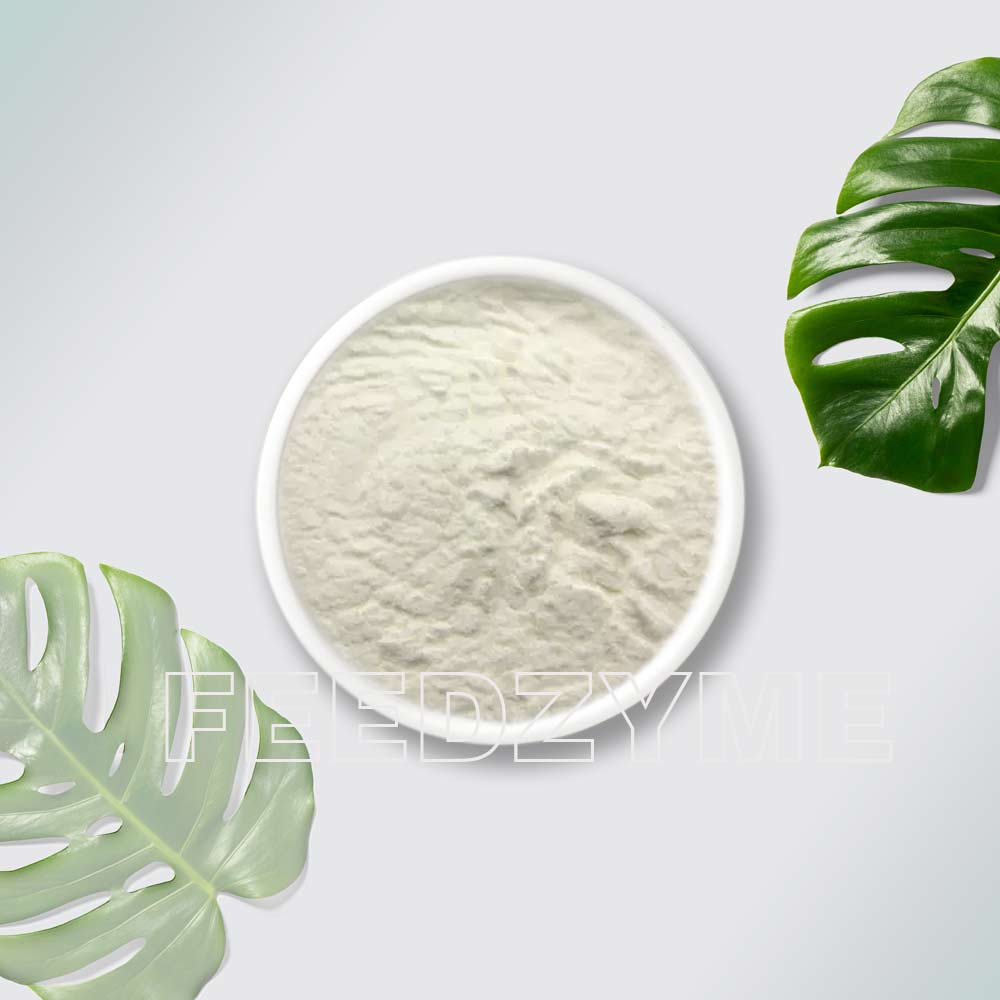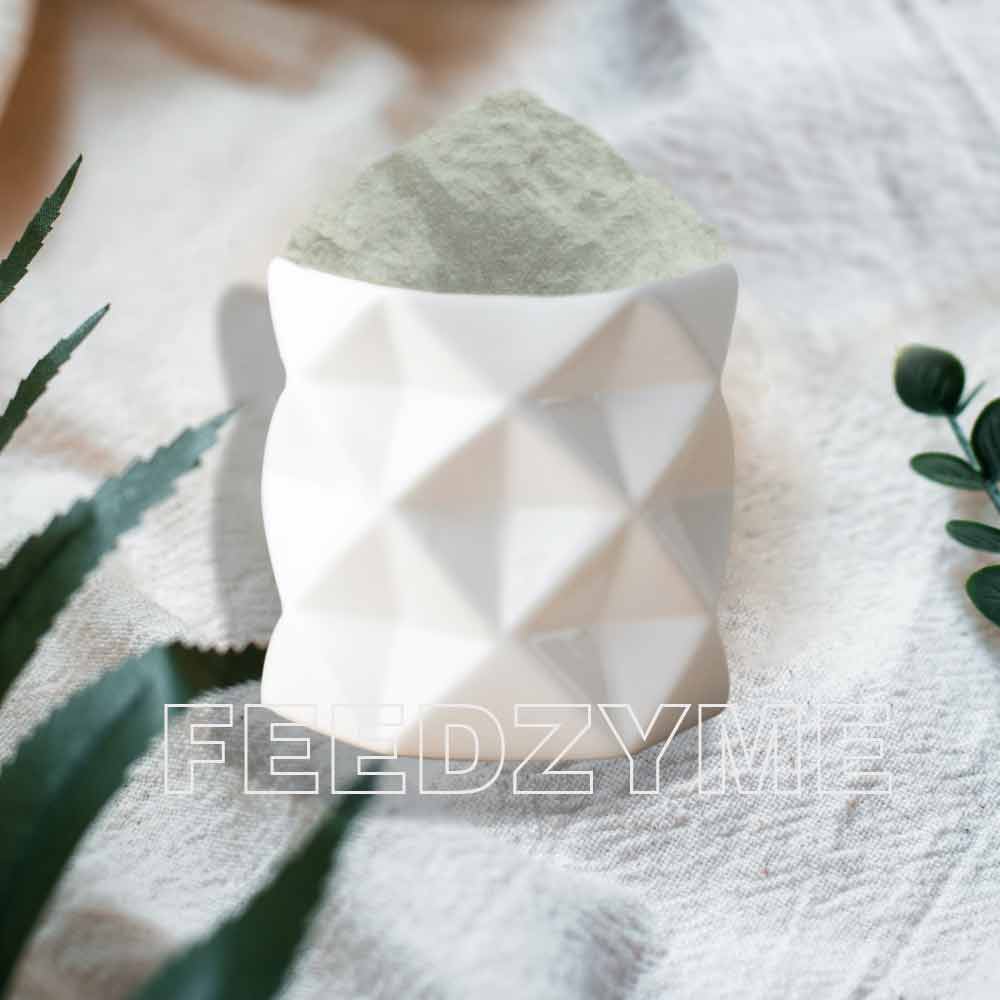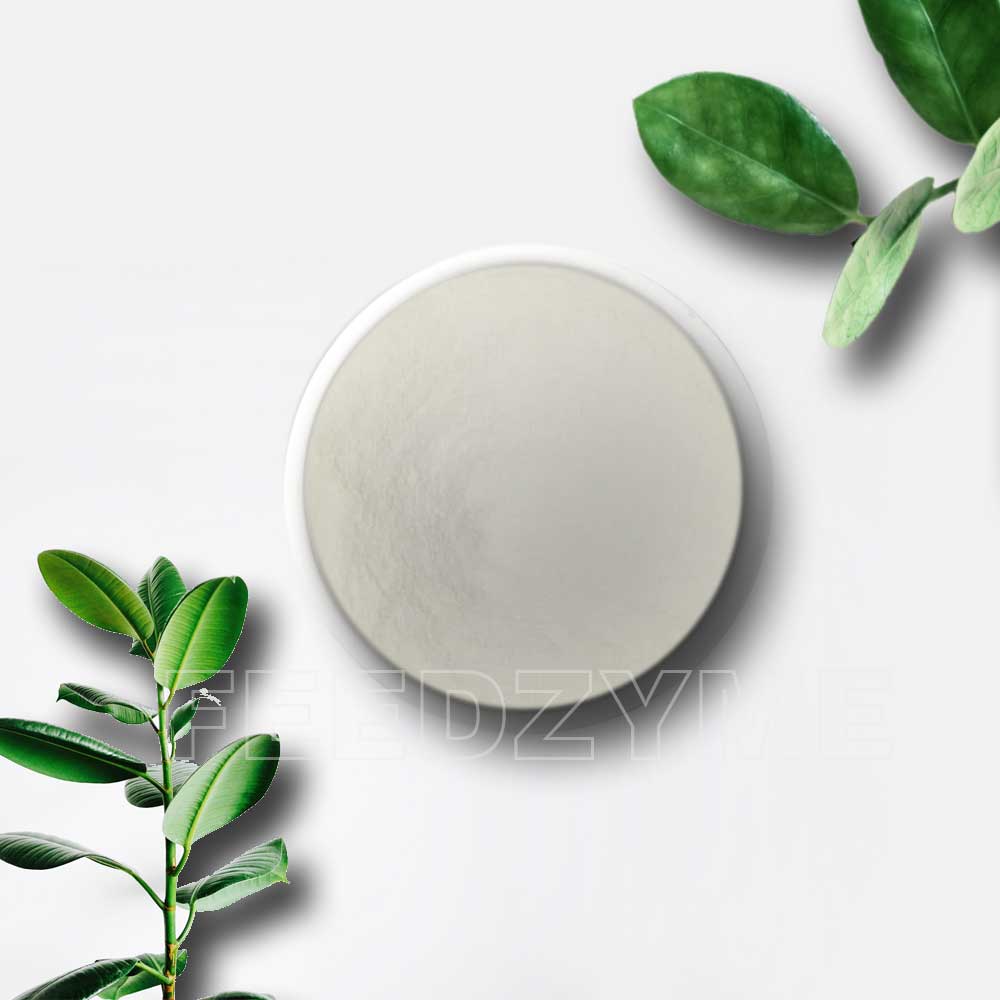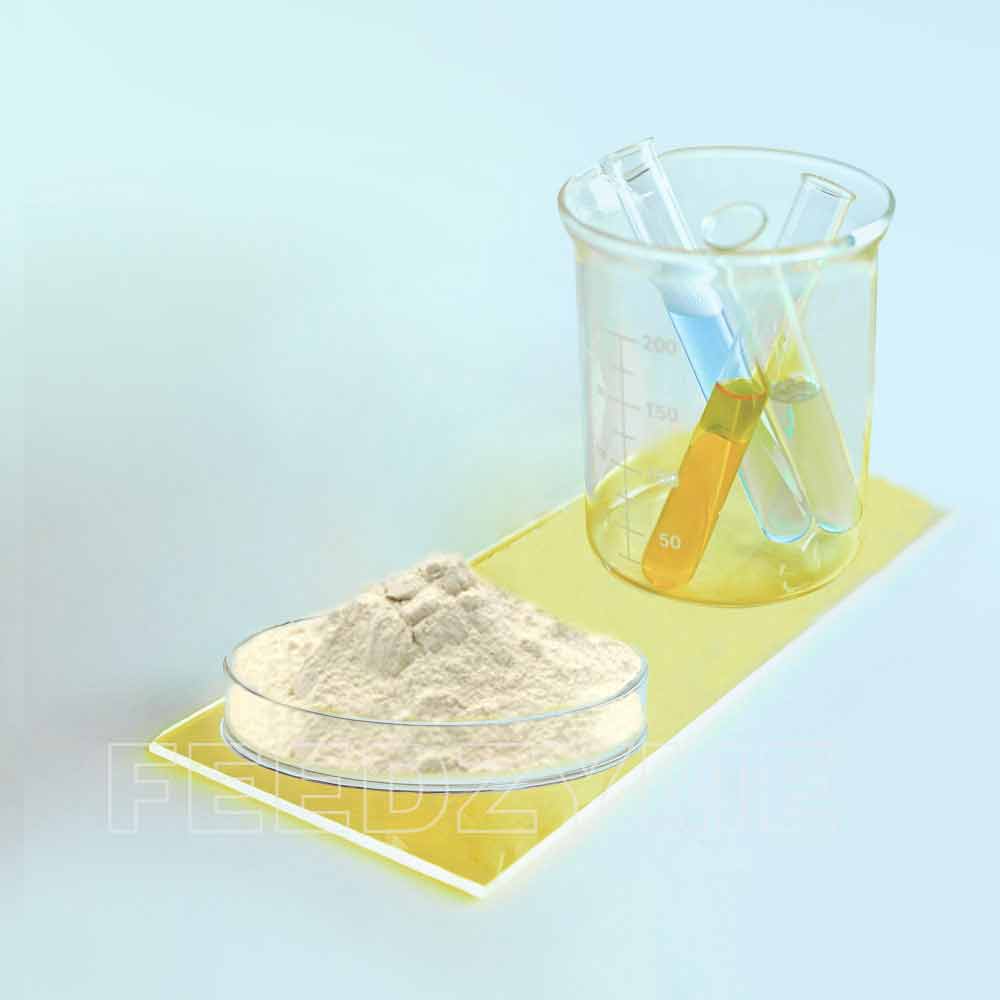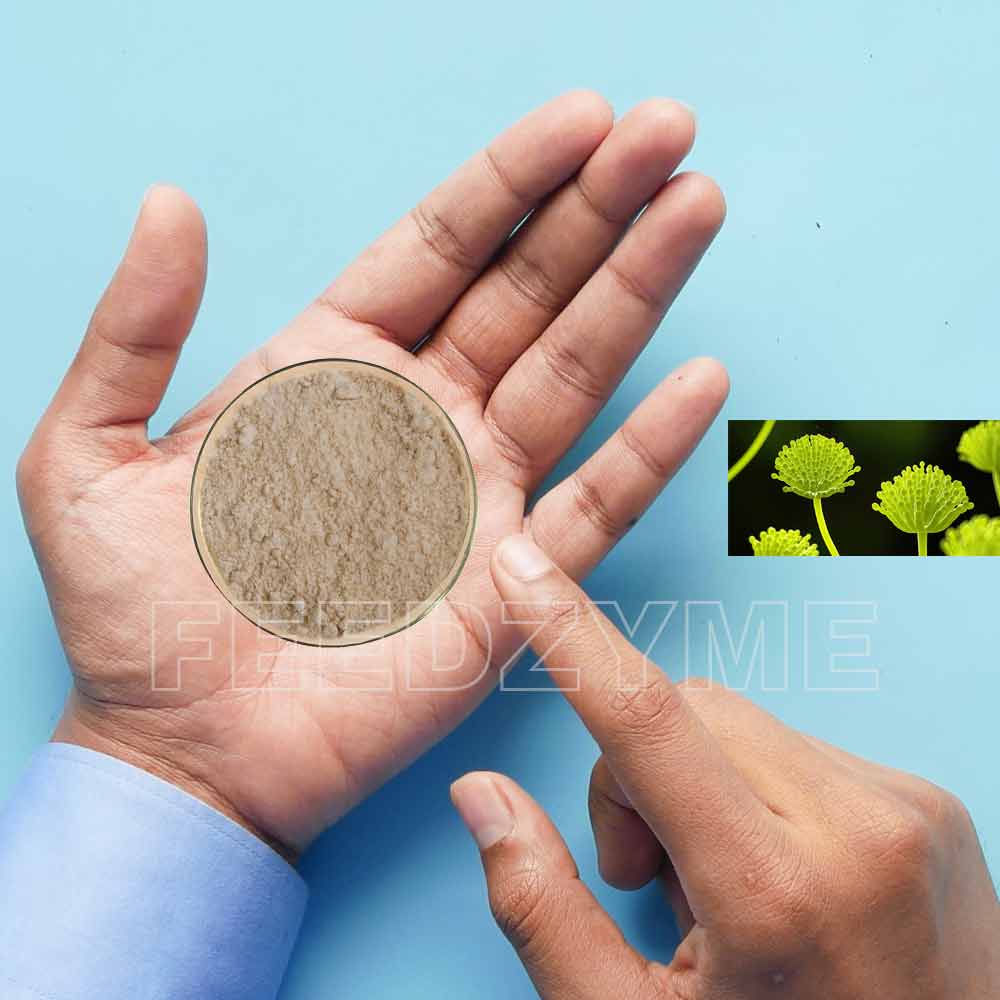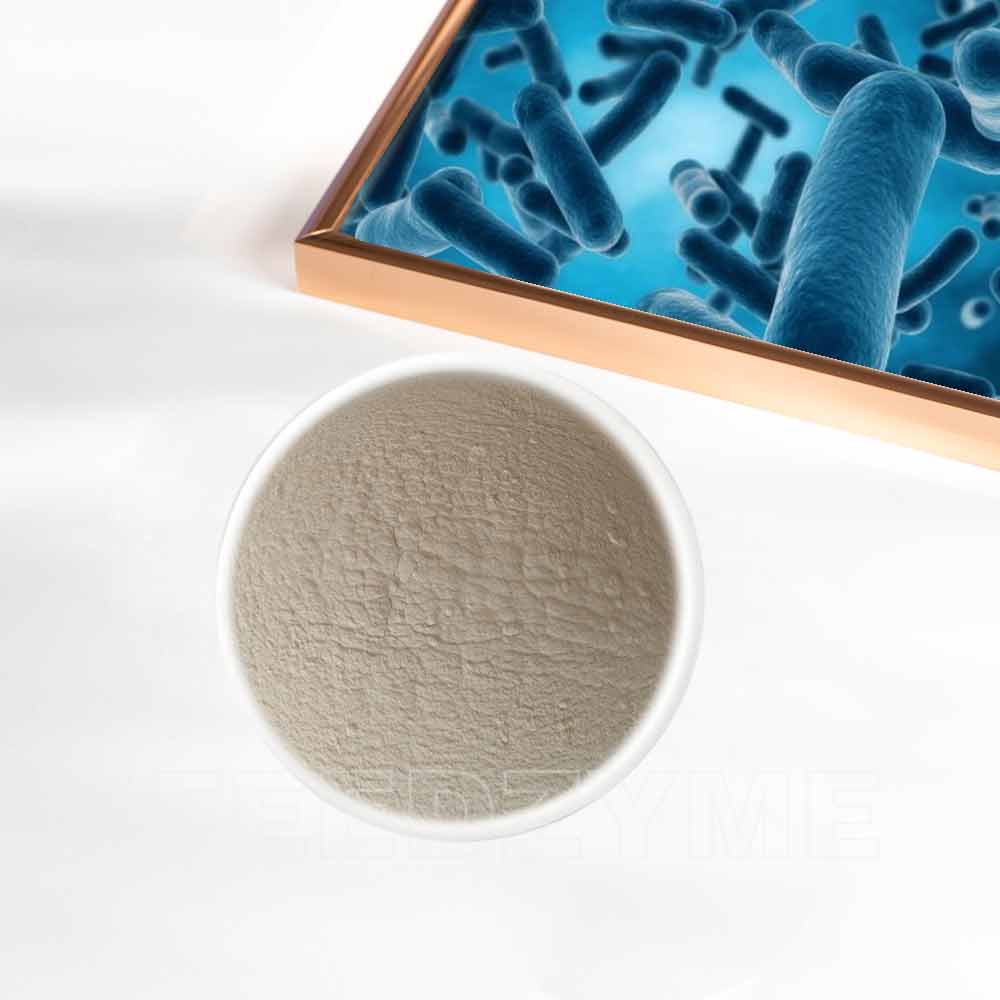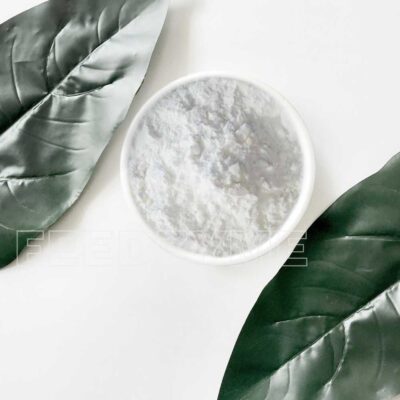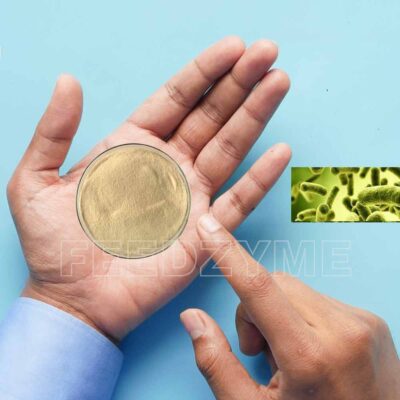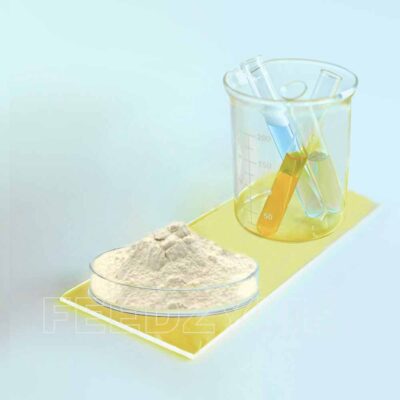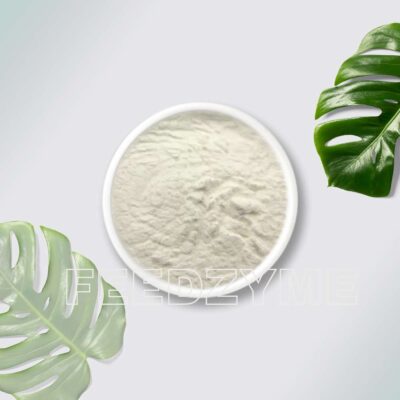Bacillus Licheniformis
B. licheniformis is widely used in feed additives because of its strong tolerance and good stability and biological activity in feed production under high temperature and pressure conditions. It is also used extensively as genetically-manipulated microbes in industrial applications for substances such as enzymes used in products like sewage tank and drain cleaners.
Categories: Feed Probiotics, Feed Additives
Product Description
Brief introduction
Bacillus licheniformis, also known as B. licheniformis, is a spore bacteria, much like other Bacillus species, which has both probiotic and industrial applications, and it is part of the subtilis group along with Bacillus subtilis and Bacillus pumilus. These bacteria are commonly known to cause food poisoning and food spoilage. Related Reading >>>
This species is similar to Bacillus subtilis and Bacillus pumilis. It is a rod-shaped, Gram-positive bacterium. Its optimal growth temperature is 50°C, but it can also survive at much higher temperatures. Its optimal temperature for enzyme secretion is 37°C. This bacterium can survive harsh environments by turning into spore-form; when conditions are good, it will turn back into a vegetative state.
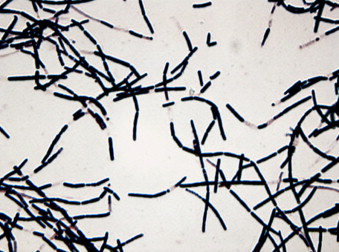
Bacillus licheniformis is widely used in feed additives because of its strong tolerance and good stability and biological activity in feed production under high temperature and pressure conditions. It is also used extensively as genetically-manipulated microbes in industrial applications for substances such as enzymes used in products like sewage tank and drain cleaners.
Feature
VaproTM Bacillus Licheniformis is screened from health animal gut with excellent characterisms including strong resistance in extreme conditions, and potent ability to produce organic acid and digestive enzymes. The product is focus to adjust the balance of gut microbes, strengethen animal immunity, reduce intestinal disease, increase growth performance and improve the product quality of livestock.
Mechanism
1. Facultative anaerobe, growth fast, consume free oxygen quickly in gastrointestinal tract to form an anaerobic environment and then promote growth of beneficial bacteria;
2. Produce large number of organic acids and antimicrobial substances to form acidic environment, inhibit growth of harmful bacteria in gastrointestinal tract;
3. Produce large amount of amylase, protease and non-starch polysaccharide enzymes, strengthen feed digestion ability, promote digestion and absorption of nutrients;
4. Act quickly in animal gut due to high spore formation rate, strong resistance to high temperature, gastric acid and bile salt.
For more information, please contact us.



